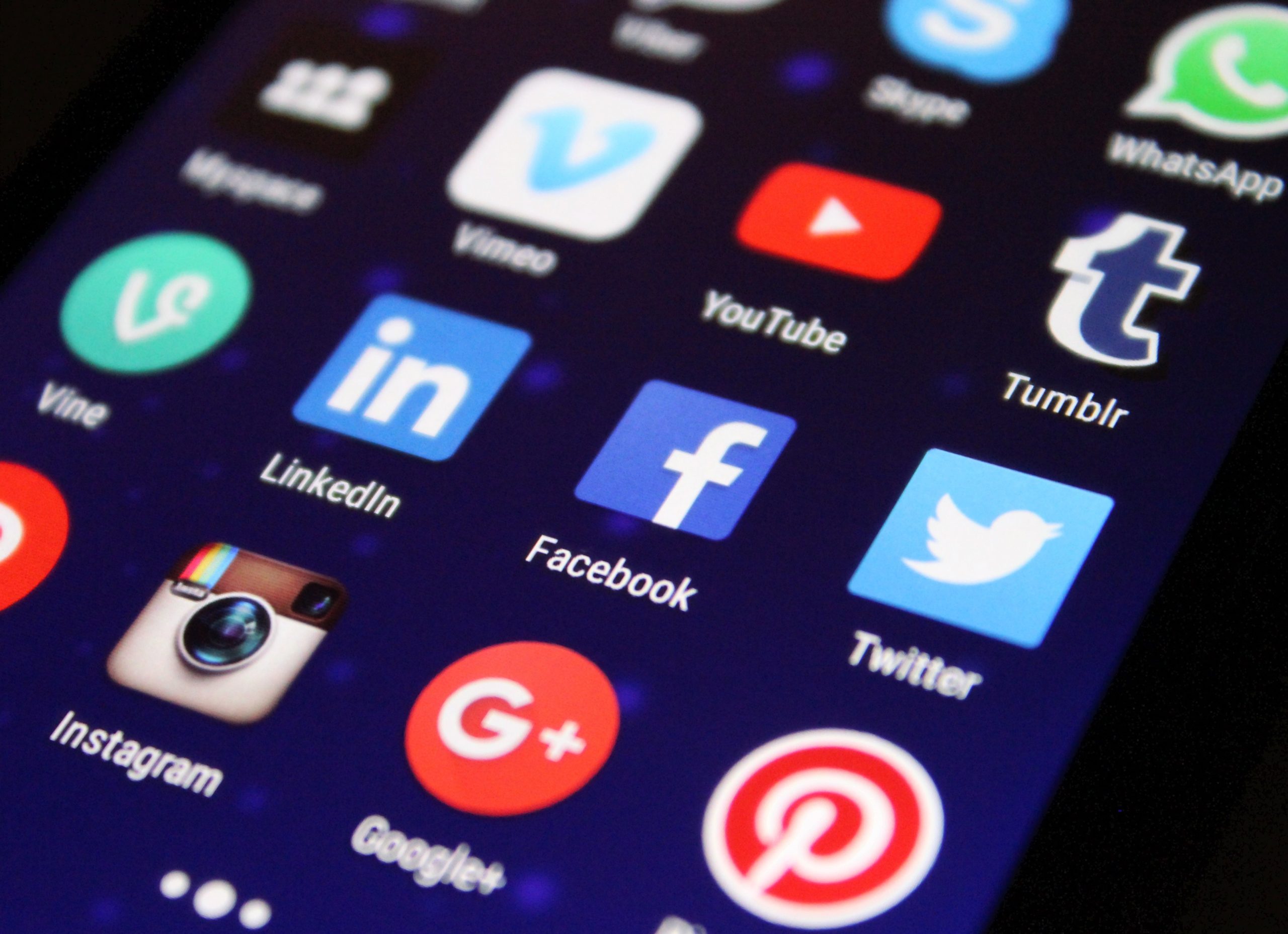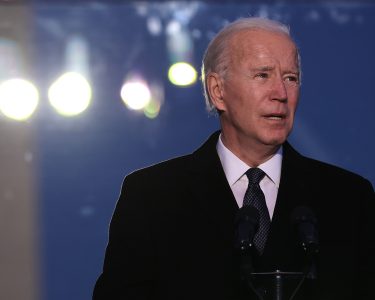The role of the media in American politics has been a subject of debate and scrutiny for decades. From the rise of television in the 1960s to the emergence of social media in the 21st century, the media has played a significant role in shaping public opinion, influencing elections, and holding politicians accountable. In this article, we will explore the history and ongoing impact of the media on American politics.
The media has played a critical role in American politics since the early days of the republic. In the 19th century, newspapers were the primary means of political communication, and they played a key role in shaping public opinion and driving political debates. In the 20th century, radio and television emerged as powerful tools for political communication, with presidential debates and political advertisements becoming key features of election campaigns.
In recent years, the rise of social media has fundamentally changed the way that politicians and voters interact. Social media platforms such as Facebook, Twitter, and Instagram have become essential tools for political communication, allowing politicians to reach large audiences quickly and easily. Social media has also created new challenges for the media, as it has become more difficult to distinguish between legitimate news sources and fake news or propaganda.
One of the key roles of the media in American politics is to serve as a watchdog and hold politicians accountable. Journalists investigate and report on political scandals, corruption, and abuses of power, exposing wrongdoing and promoting transparency and accountability. This role has become particularly important in recent years, as concerns about the erosion of democratic norms and the concentration of power in the hands of a few elites have grown.
Another critical role of the media in American politics is to provide information and analysis to voters. Journalists cover political events such as rallies, debates, and speeches, and they provide analysis and commentary on key issues and policy proposals. By providing this information, the media helps to inform voters and promote a more informed electorate.
However, the media is not without its flaws and biases. Critics have accused the media of being biased in favor of certain candidates or parties, of sensationalizing news stories for ratings, and of neglecting important issues in favor of sensational or trivial stories. The media’s role in shaping public opinion and influencing elections has also raised concerns about its impact on democracy and the fairness of the electoral process.
In recent years, there has been growing concern about the impact of fake news and propaganda on American politics. Social media platforms have made it easier for false information to spread quickly and widely, and some politicians and interest groups have used this to their advantage by spreading misinformation and propaganda. This has raised questions about the media’s role in combating fake news and promoting accurate information.
In conclusion, the role of the media in American politics is complex and multifaceted. From providing information and analysis to serving as a watchdog and holding politicians accountable, the media plays a critical role in shaping public opinion and influencing elections. While the media has faced criticism and scrutiny over the years, its importance in promoting transparency, accountability, and a more informed electorate cannot be overstated. As the media landscape continues to evolve, it will be important for journalists and media organizations to adapt to new technologies and changing norms while staying true to their core mission of informing the public and holding power accountable.




